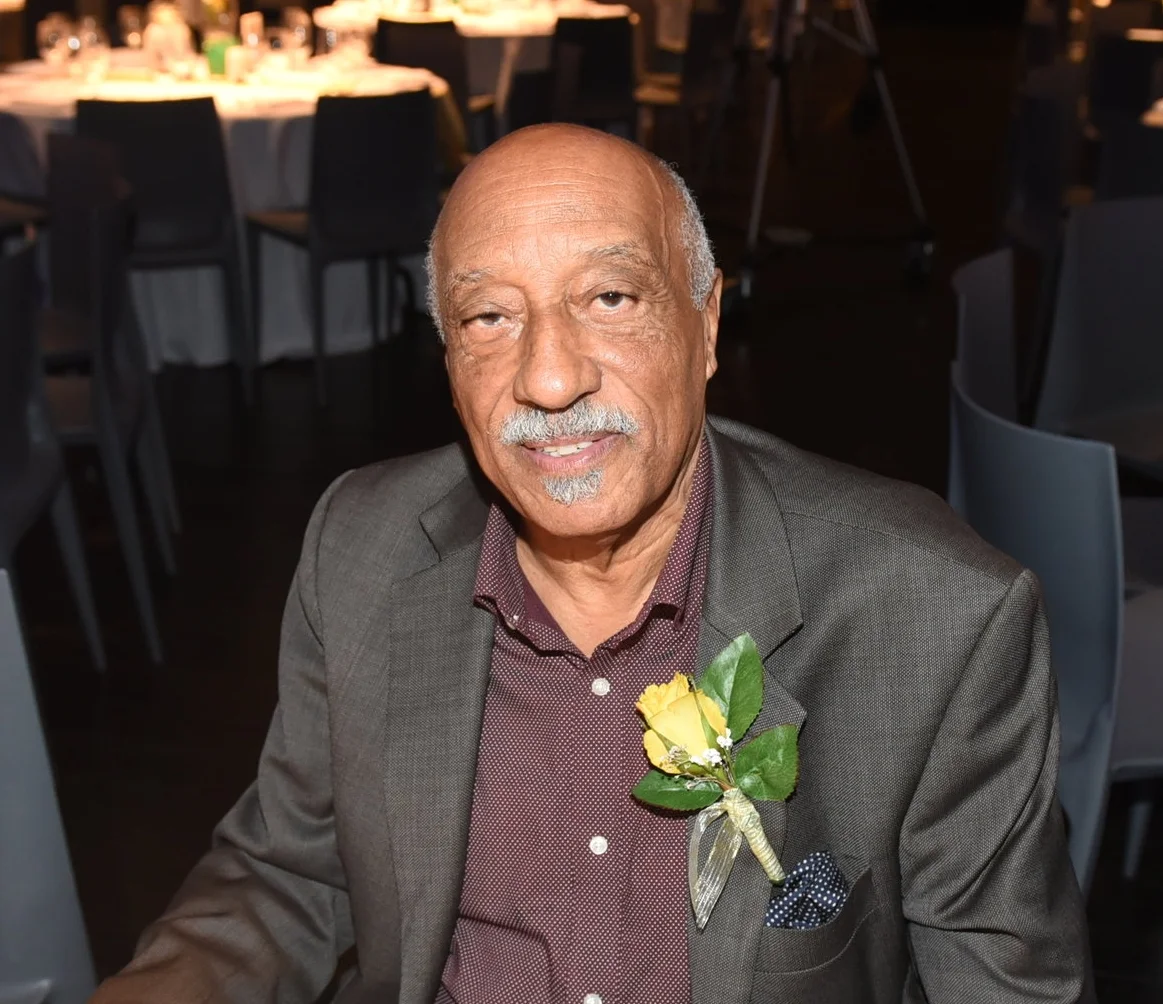Donors help establish Ethiopian Studies program at U of T
In response to a call by University of Toronto (U of T) history and art professor Dr. Michael Gervers to the Ethiopian community in the Greater Toronto Area to consider funding a chair or lectureship at Canada’s largest university, nearly $170,000 has been raised in the last 10 months to support the establishment of an Ethiopian Studies program.
Dr. Gervers, who teaches an Ethiopian cultural history course at the U of T Scarborough campus, threw down the gauntlet at the second annual Bikila Awards last September in Toronto with a $50,000 donation.
The U of T matched the donation, the Ethiopian community raised $20,000 at a community forum last December and Toronto-raised rhythm & blues artist and high school dropout, Abel Tesfaye, also known as “The Weeknd” – the son of Ethiopian immigrants – recently pledged $50,000.
“The history of a culture distinguishes people from any other and provides them with a sense of their uniqueness,” said Gervers who, in the spring of 2013 taught the cultural history of Ethiopia to doctoral students at Addis Ababa University. “It also serves as a sort of pride and consequently of self-confidence. The importance of knowing one’s cultural history is to provide one with a firm foundation upon which to comprehend the present and build a future. Unfortunately, the younger generation living in Ethiopia today show little interest in that extensive past which preceded the Italian Occupation from 1936-41.”
Gervers is presently collaborating with digital scholarship and liaison librarian, Paulina Rousseau, in a UTSC library project that will make the entire manuscript collection of the 15th century Ethiopian monastery at Gunda Gunde available online. He’s also seeking the support of the Ethiopian community in the city to transcribe and translate video interviews he has done in the Amharic and Tigrinya languages.
The funds raised so far will fund a course in Ge’ez (ancient Ethiopic script and language) in 2016-2017.
“The study of Ge’ez language, in particular, has the potential to transform our understanding of that period,” said Dr. Suzanne Conklin Akbari, the director of the Centre for Medieval Studies at U of T. “Training the next generation to read medieval manuscripts written in Ge’ez will enrich our knowledge of Ethiopic culture and will enable new interpretations of the intertwined histories of the region.”
She said the course will be offered in the second term in the spring of 2017.
“It is our hope that we will be able to gradually build upon the offerings in order to be able to provide a cluster of offerings in Ethiopic Studies,” said Dr. Conklin Akbari.
The U of T’s renowned department in Near and Middle Eastern Civilizations (NMC) is also supporting the establishment of an Ethiopic Studies program.
“For over 175 years, the University of Toronto has made the great civilizations of the Middle East and North Africa – their rich traditions and extraordinary contributions to human knowledge – an important focus of its research, teaching and intellectual inquiry,” said Dr. Timothy Harrison.
“The study of Africa, in particular the cultures of the Nile Valley watershed, has formed an integral part of this academic commitment and focus. Ethiopia’s rich intellectual tradition and ancient literate culture, as preserved through the Ge’ez language, is both critically important to this academic endeavour, and offers the opportunity for greater understanding of the formative development of modern Ethiopia and East Africa.”
Tessema Mulugeta, the president of the Bikila Awards organization that’s working closely with U of T to launch the program, said the impact of the proposed program cannot be underestimated.
“The benefits are enormous not only for the Ethiopian-Canadian community, but also for the wider society as much has to be taught and learned about our ancestors who have made great contributions that have helped shape the very identity of modern civilizations as we know them today,” he said.
Last Saturday, the Bikila Awards committee and the U of T co-hosted the “Bikila Barefoot Challenge” at Varsity Stadium. The fun-filled event was held to raise funds for the Ethiopic Studies program and celebrate the legacy of late Ethiopian runner Abebe Bikila who was the first Black African athlete to capture an Olympic medal.
He would have celebrated his 84th birthday last Sunday.
Running barefoot in the 1960 Rome Olympics, Bikila won the marathon in a record time of 2:15:16.2. Successfully defending his title four years later in Tokyo, he was denied the hat-trick at the 1968 Mexico City Games when a right knee injury forced him to quit after 17 kilometres. His countryman, Mamo Wolde, won the gold medal.
Bikila died on October 25, 1973 of a brain haemorrhage, a complication from a single vehicle accident four years ago that left him paralyzed.





